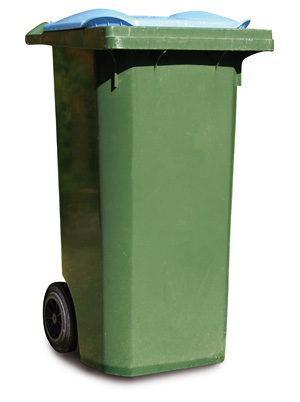Going green seems to be the most popular trend in manufacturing and other industries. Companies are churning out products labeled “organic”, “made with renewable materials”, “eco-friendly” and more. Customers, however, are scratching their heads amongst store shelves trying to figure out which products are truly environmentally sound. In an effort to help these consumers, the Federal Trade Commission (FTC) and Environmental Protection Agency (EPA) have come up with a solution for consumers that manufacturers also need to consider before slapping on the next “green” label.
Prove It!
According to the FTC, the claims on the labels and in ads must be substantiated in reasonable scientific fact. The source of the claim must be credible as well. Any seals of approval or certifications must also be proven. You can’t place a label on a product based solely on evidence you read about on the internet or in a unsubstantiated study.
Practice What You Preach
A customer must be able to confirm your claims in regular use of the product. For example, if your food container is biodegradable, it must degrade in a landfill where most of the containers are placed after regular use, according to Eileen Connelly of the Associated Press.
Watch What You Say
Do not use words like “made from renewable materials” when the product is constructed from recycled materials. You can’t say that the product is biodegradable if it takes ten years to do so. Look at the EPA’s Green Guides for definitions of such words to avoid misuse.
Don’t Bluff on the Process
“Reduced carbon footprint” is another term that is often misused in manufacturing. This term and others that describe environmentally friendly manufacturing processes must do so accurately. Here again, you should consult the EPA’s Green Guides before making a claim on the product label.
In an effort to help consumers, the FTC and EPA have also made green manufacturing more honest. Actually, the trend is often overstated in industry media. Green products and services only made up one to two percent of the industry output in 2007. Also consider that the FTC can and will issue a public cease and desist order to companies making false claims. Unheeded claims can result in hefty fines.


